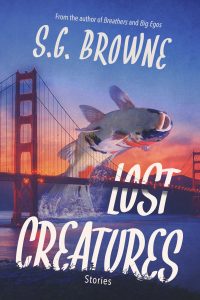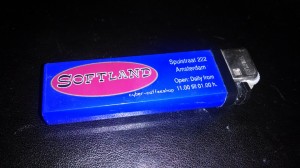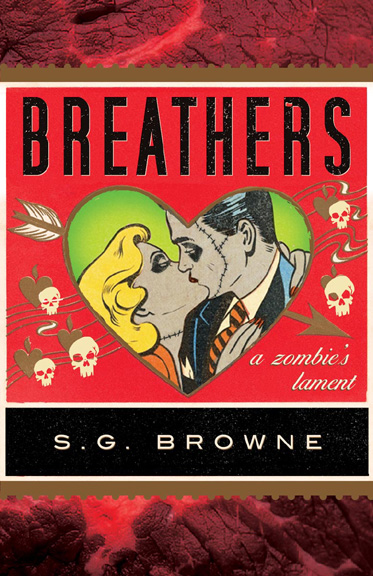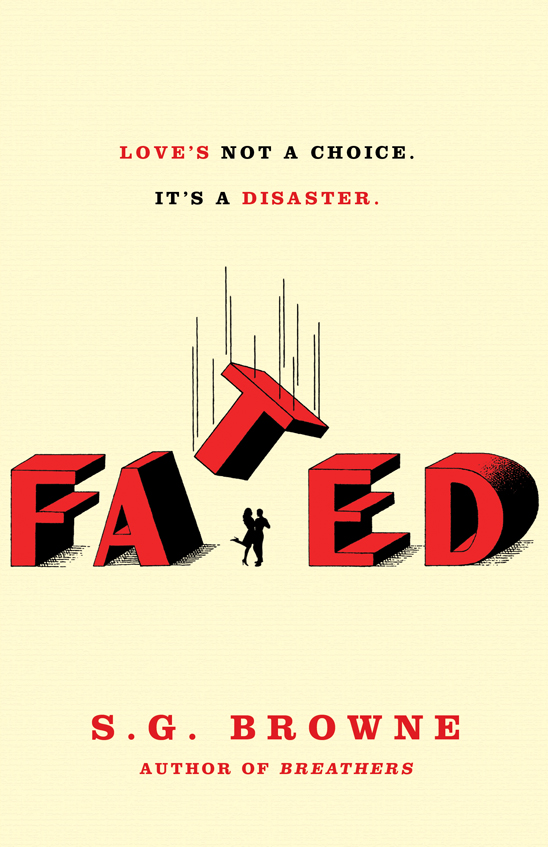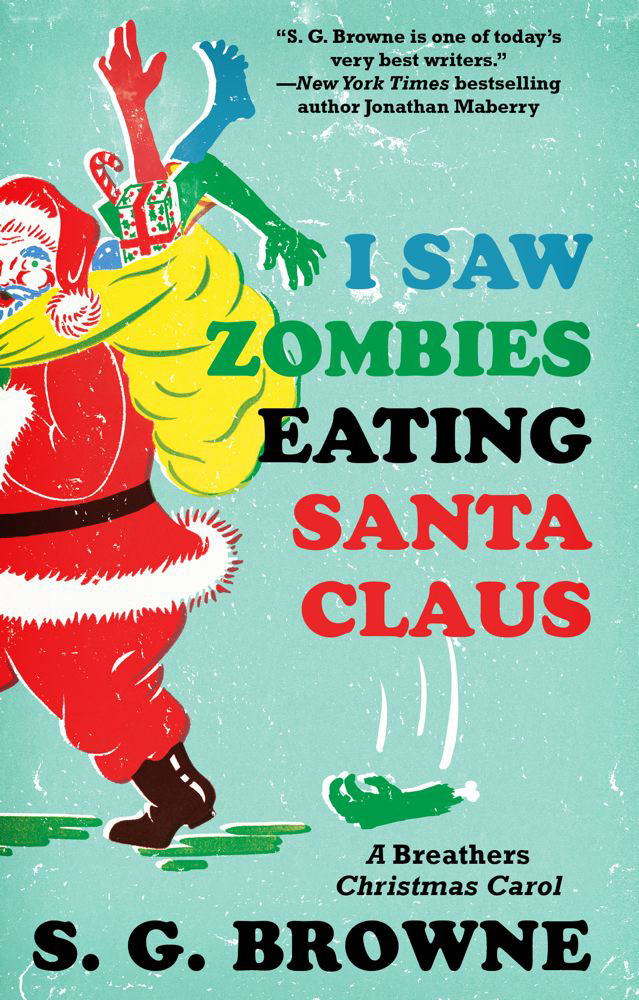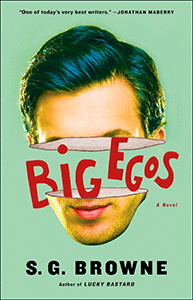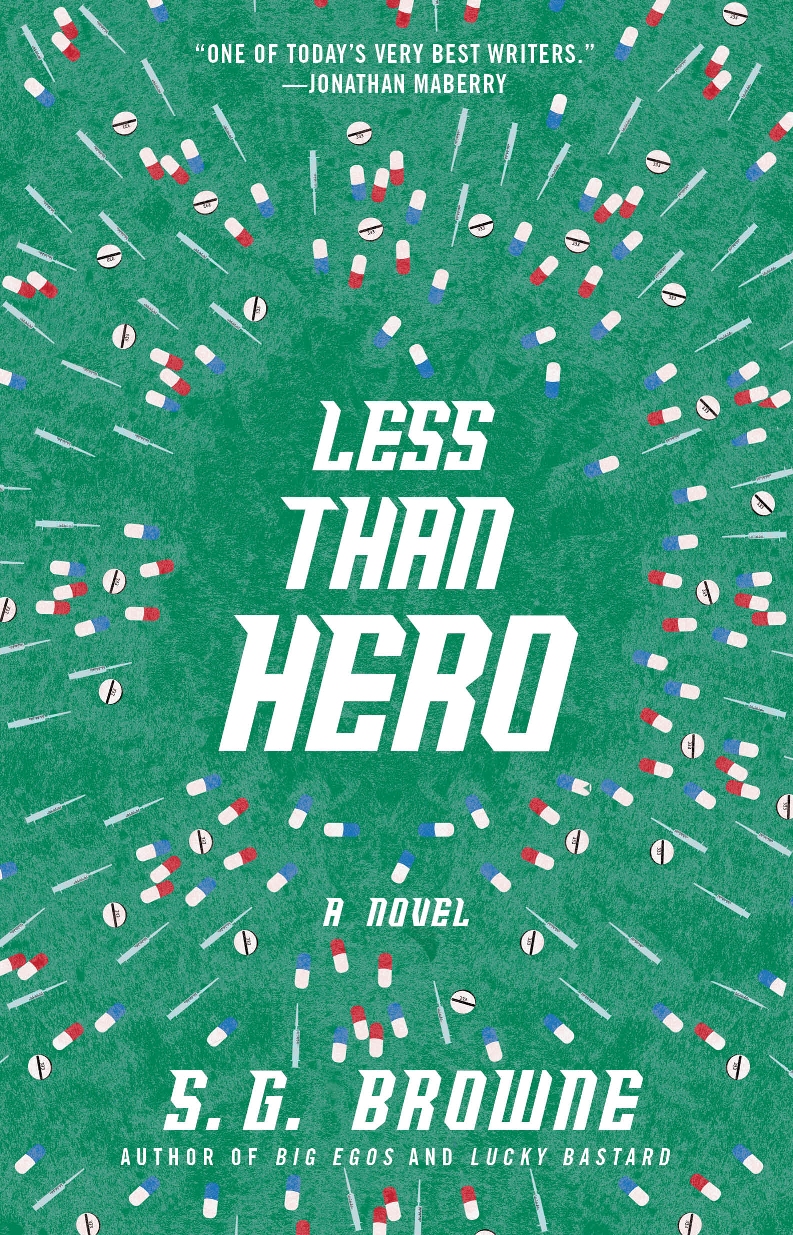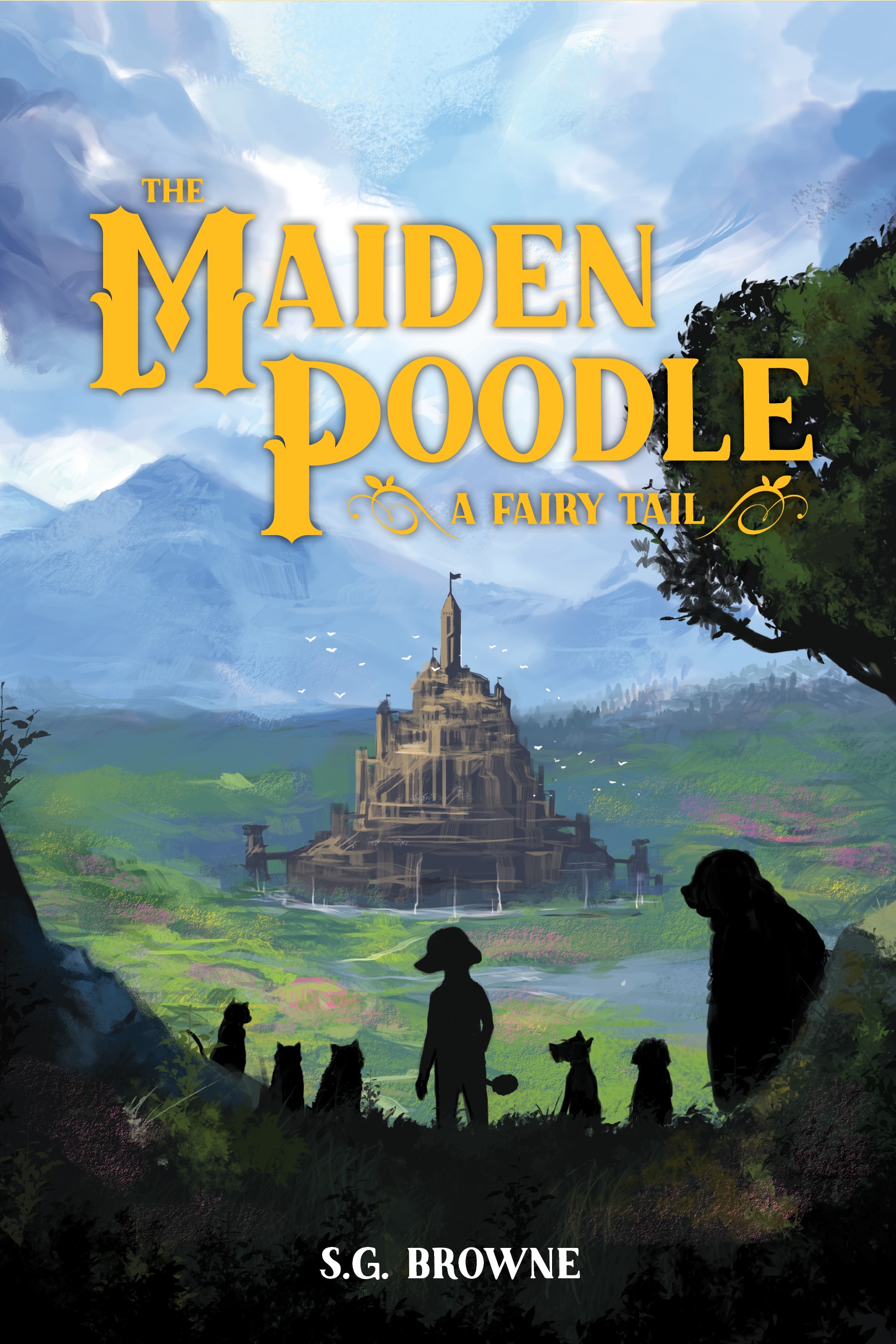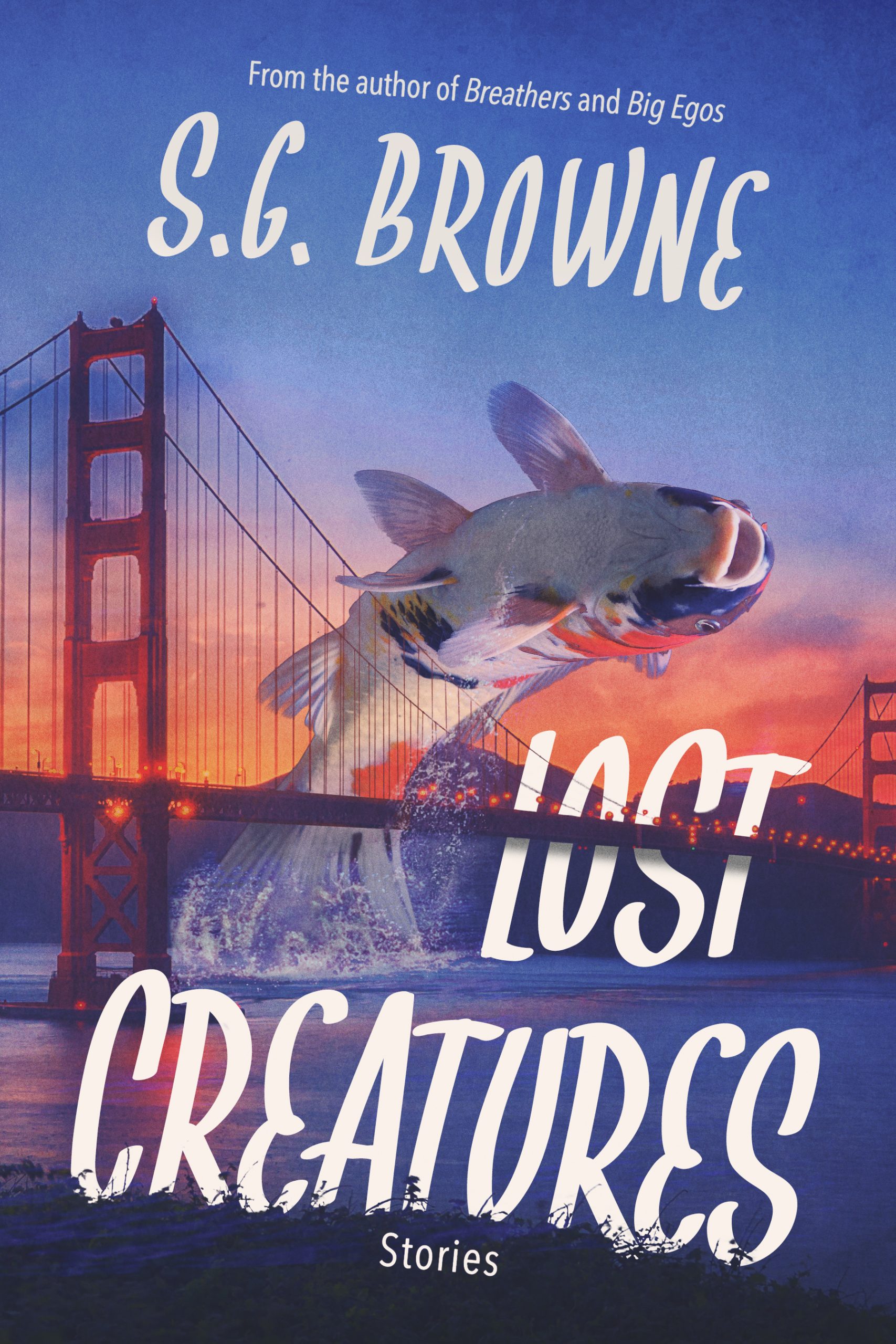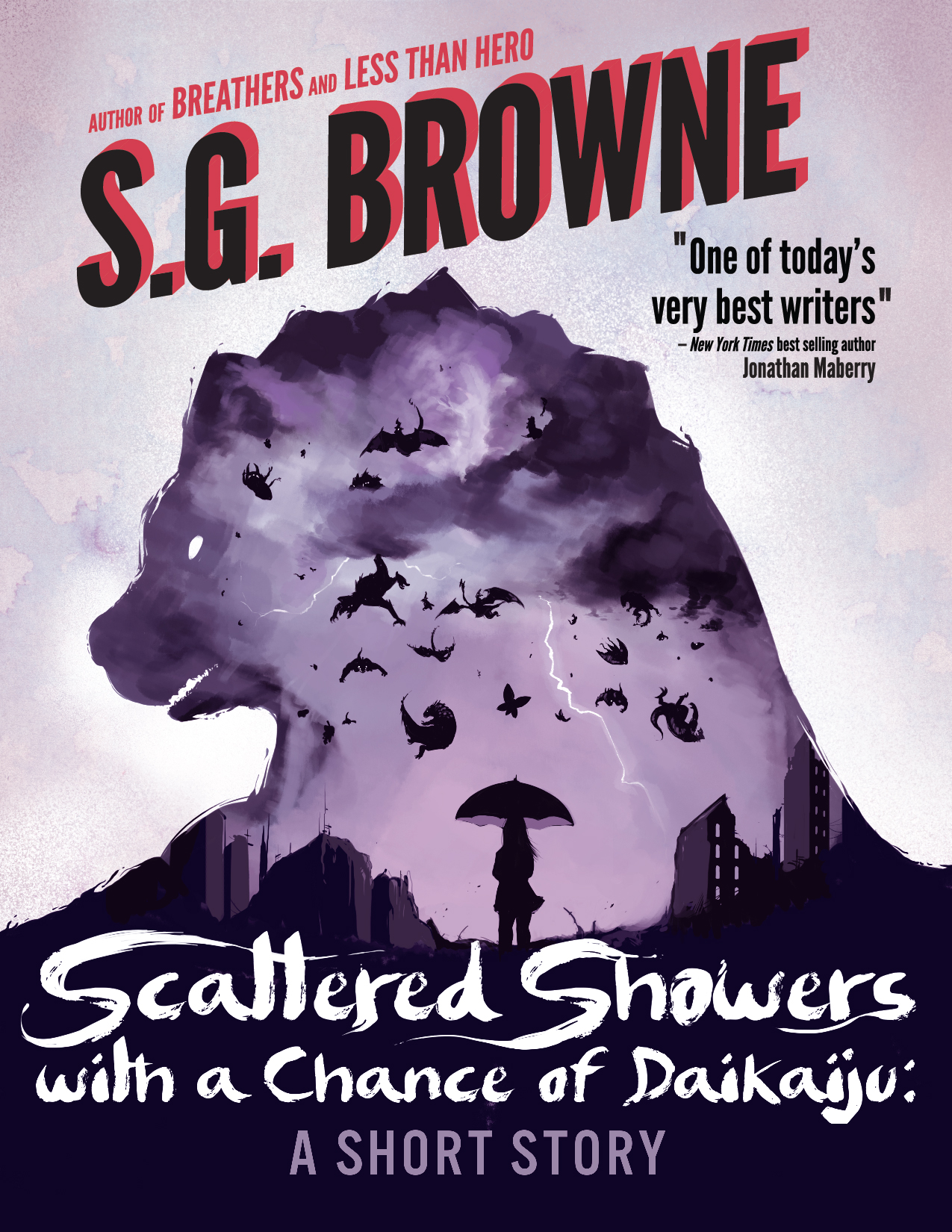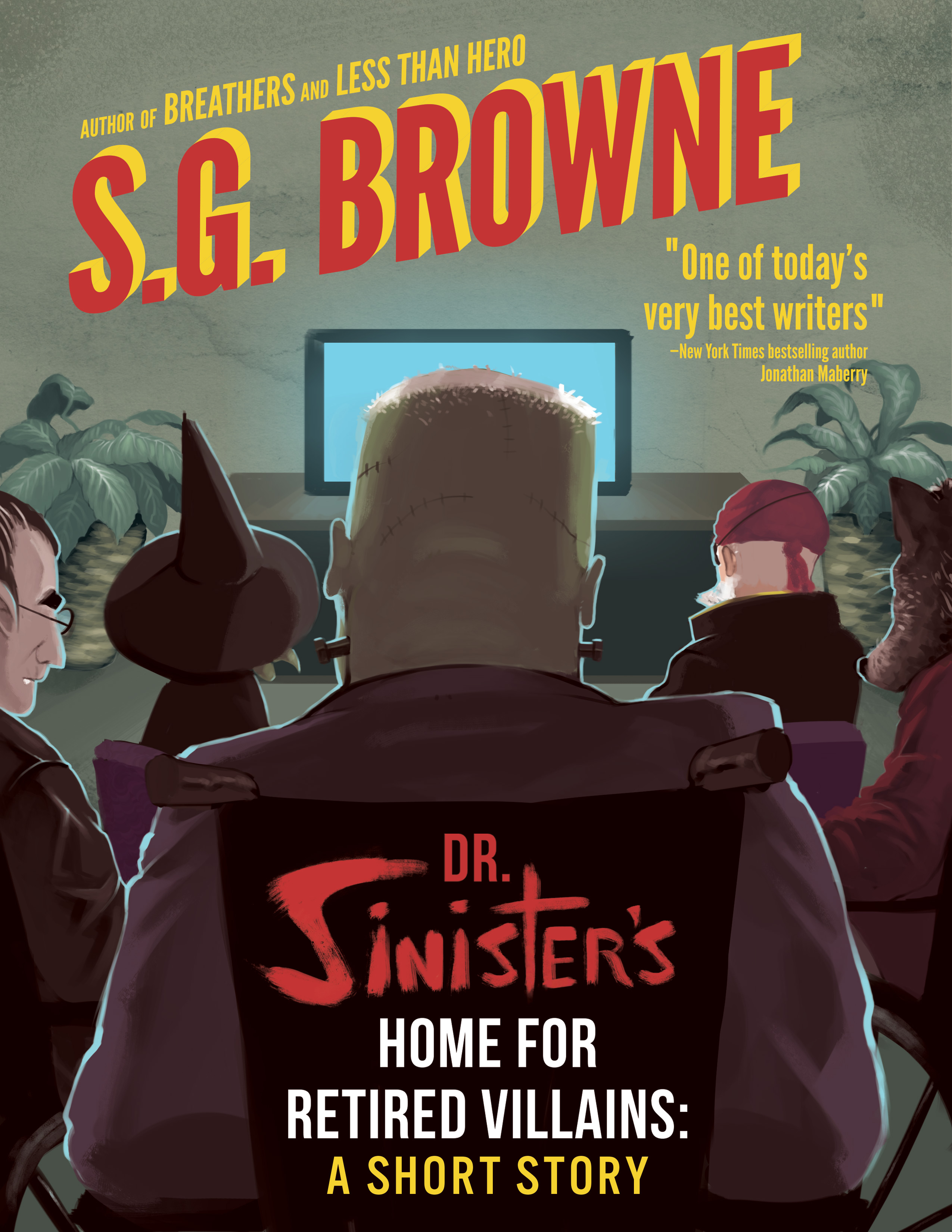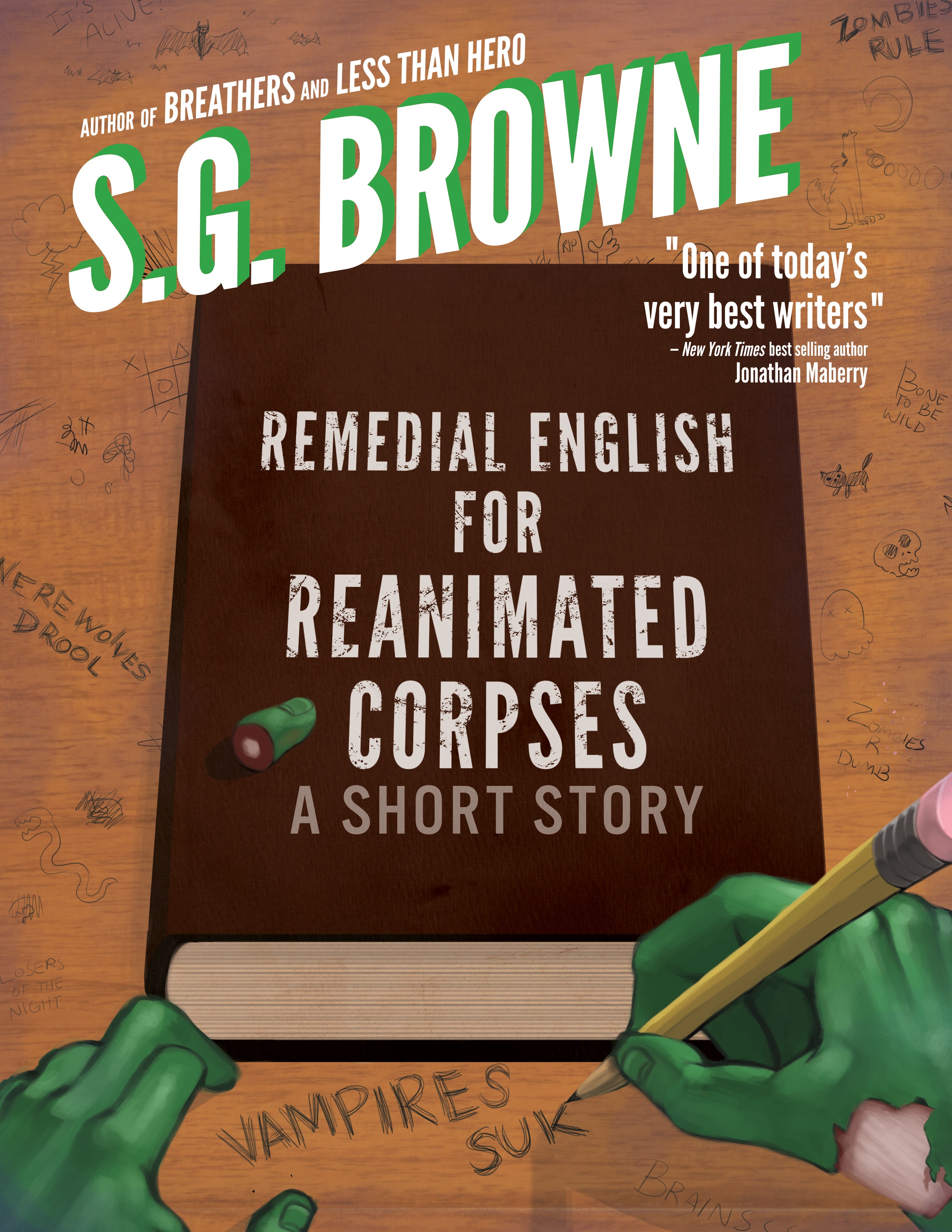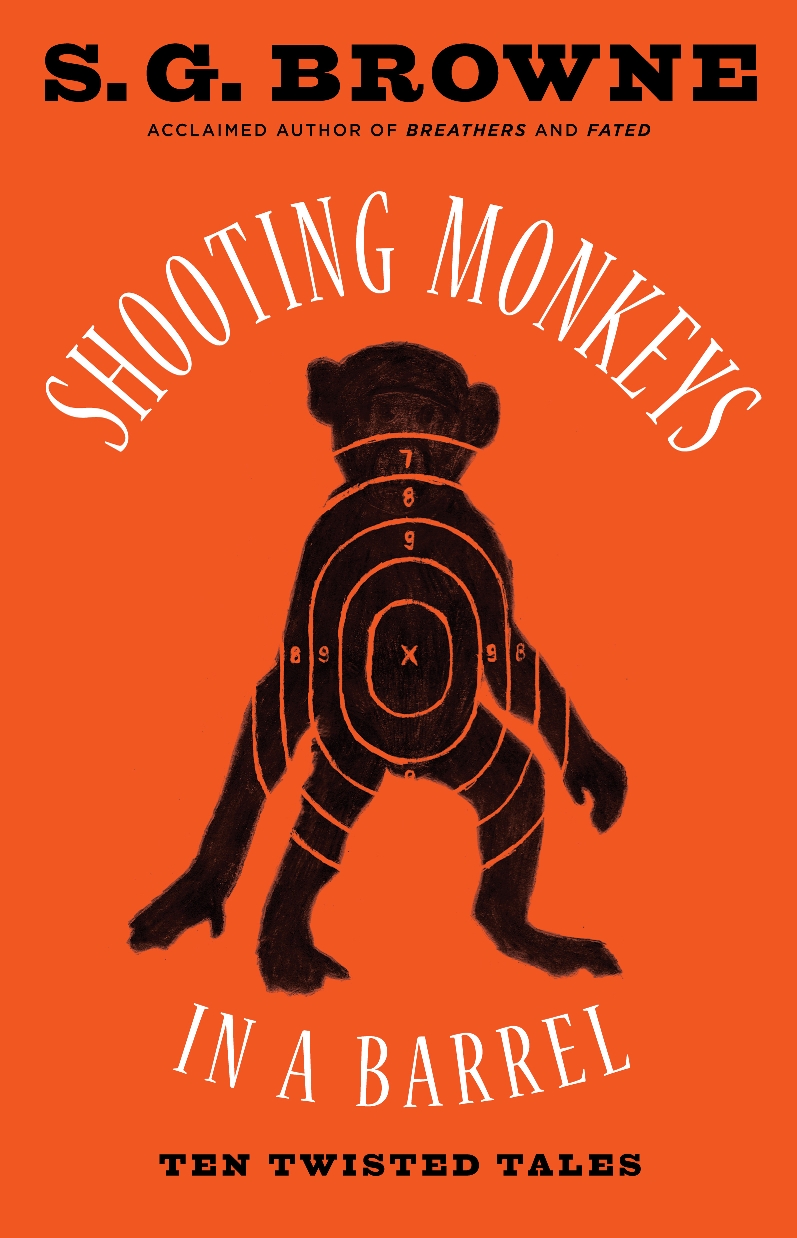Beyond the Keyboard: Lucky Bastard
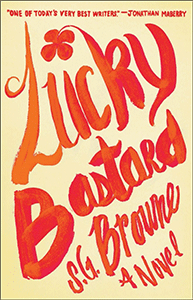 Some novels develop over a short period of time, like embryonic ideas that are nurtured and gradually grow into fully-formed creations.
Some novels develop over a short period of time, like embryonic ideas that are nurtured and gradually grow into fully-formed creations.
Other novels are more like Frankenstein’s monster, with ideas harvested from seemingly unrelated moments of inspiration until it all comes alive with a jolt of creativity.
Next up in my Beyond the Keyboard series, my homage to the hard-boiled detective novel that was harvested from various inspirations: Lucky Bastard.
The Short Story, Part I
Sometime in 2001-2002, I started an untitled short story about two brothers and their grandfather who live together in Central California. I wrote about five pages and liked the characters and what was happening but I didn’t know where the story was going or what it was about. All I knew for sure was that I was sold on the opening line: “Grandpa only had one finger left and it was pointing at the door.”
The Amsterdam Connection
In October 2002 I took a trip to Amsterdam, where I found myself in a coffee shop called Softland, so called because it had a bunch of soft, comfy pillows for patrons to sit on while they enjoyed their coffee. I believe the coffee I consumed was a mellow blend called White Widow. I brought a souvenir from Softland back with me that would sit in my desk drawer for six months or so before I took it out.
The Short Story, Part II
I was still trying to figure out what to do with my short story I’d started more than a year earlier, which had a working title that I can’t recall. But when I took out the lighter from Softland, something clicked and I decided to adopt the Amsterdam coffee shop name as the title for my story. Now all I needed was a reason for the story to exist.
The Spanish Connection
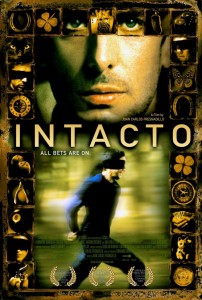 Around this time, I saw a Spanish film titled Intacto, which came out in 2001 and dealt with the concept of luck as a commodity. In the film, the main premise centers around underground games of chance in which the losers surrender their amassed good luck to the winners, usually resulting in their death. One of the characters, the hero of the film, has the ability to steal luck from others.
Around this time, I saw a Spanish film titled Intacto, which came out in 2001 and dealt with the concept of luck as a commodity. In the film, the main premise centers around underground games of chance in which the losers surrender their amassed good luck to the winners, usually resulting in their death. One of the characters, the hero of the film, has the ability to steal luck from others.
The film didn’t spend much time on this unique ability or how it might have come to exist, but I was intrigued with the concept and decided it would be fun to create my own mythology about luck poachers.
And just like that, “Softland” had it’s premise: a family of luck poachers. A year later, in 2004, I finished what at the time was the final draft. Eight years later, “Softland” would appear for the first time in print in my eBook short story collection Shooting Monkeys in a Barrel.
The Journal Entry
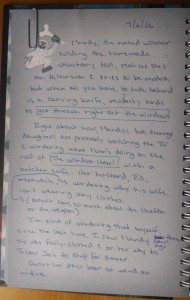 In July 2006, during a free-flowing writing exercise for my weekly writing group, I came up with the opening line: “It’s my understanding that naked women don’t generally tend to carry knives.”
In July 2006, during a free-flowing writing exercise for my weekly writing group, I came up with the opening line: “It’s my understanding that naked women don’t generally tend to carry knives.”
From there I wrote a scene about a man confronted by an angry naked woman with a knife while on the roof of The Windsor Hotel. At the time I didn’t think it would go any further than that, but something about the scene tugged at me until eventually I decided to do something more with it.
When Ideas Collide
I always felt that “Softland” aspired to be more than just a short story but I didn’t know where to go with the two brothers and their grandfather. And while it took me a while to figure it out, I realized I didn’t have to continue their story. I could instead expand on the mythology of luck poaching. And my journal entry proved to be the jumping off point for that exploration.
But the plot, characters, and storyline for what would eventually become Lucky Bastard didn’t take shape until three years later when I was compelled to write a synopsis for my unwritten third novel.
The Synopsis
In April 2009, while negotiating the sale of Fated to Penguin/NAL, my agent asked me if I had an idea for another novel that we might be able to pitch for a possible two book deal. At the time I didn’t have much more than a dozen pages written and I wasn’t sure how to make the story work. And since I don’t plot out my novels, I’d never written a synopsis for a book I hadn’t written yet. The synopsis always came later.
So I sat down and wrote a two-page synopsis about this private detective who stole luck, had an affinity for Lucky Charms and mochas and corporate coffee-house baristas, and who got caught up in a big luck fiasco with the feds and a Chinatown mob boss. I also had him meeting a kid with the purest luck he’d ever encountered.
I didn’t know if any of that was going to stick. It was just what stuck when I threw a bunch of ideas on a blank piece of paper. As it turned out, I ended up using almost everything in the synopsis. Go figure.
The Chandler Connection
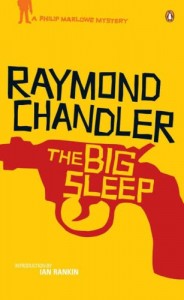 While preparing to write Lucky Bastard, I picked up The Big Sleep by Raymond Chandler to get some ideas about writing a detective novel. I’d never read Chandler and fell in love with his writing immediately.
While preparing to write Lucky Bastard, I picked up The Big Sleep by Raymond Chandler to get some ideas about writing a detective novel. I’d never read Chandler and fell in love with his writing immediately.
In addition to Chandler, I also read The Maltese Falcon by Dashiell Hammett, The Little Sleep by Paul Tremblay (about a narcoleptic detective in Boston), and Marlowe and the Spacewoman by Ian M. Dudley (a futuristic detective novel that was work-shopped in my writer’s group).
So after all of those detective novels, it was unavoidable that my main protagonist in Lucky Bastard would be a private eye. The only problem was, I needed the right name.
The Screenplay
Back in 1991, while living and working in Hollywood, I wrote a screenplay titled A Fish Out of Water about a private detective in Chicago trying to track down a rare Asiatic myna bird that had been bird-napped. The script was inspired by the Airplane! and Naked Gun films with lots of goofy gags and clever/silly wordplay.
My protagonist was a semi-competent private detective named Nick Monday, while his leggy and sexy client was named Tuesday Knight. The script never got bought but I loved the names and wanted to find a way to use them. Since I’d decided my main character in Lucky Bastard would be a private detective, I borrowed the name from my screenplay and brought Tuesday Knight along for the ride as a femme fatale.
And that’s how Nick Monday got his name.
The Final Jolt of Creativity
Even with all of the pieces in place, the novel didn’t come to life until I brought everything together and sat down to write it. And although I’d written a synopsis that included a lot of plot elements, many of the other supporting characters showed up in the first draft unexpectedly, including Bow Wow, Scooter Girl, and the proprietor of The Starlight Room.
For those of you who have read Lucky Bastard, when Nick first meets the woman at the bar in the nightclub atop the Sir Francis Drake Hotel, I was probably just as surprised as you to find out who she was.
And setting the story in San Francisco was a lot of fun, since I live here. Researching all of the locations and sitting in Huntington Park or at O’Reilly’s Irish Pub and writing several scenes made the story come alive that much more for me.
If you’re interested in taking a virtual tour of some of the San Francisco locations that appear in Lucky Bastard, I did a series of blog posts under the category Lucky Bastard San Francisco Blog Tour.
